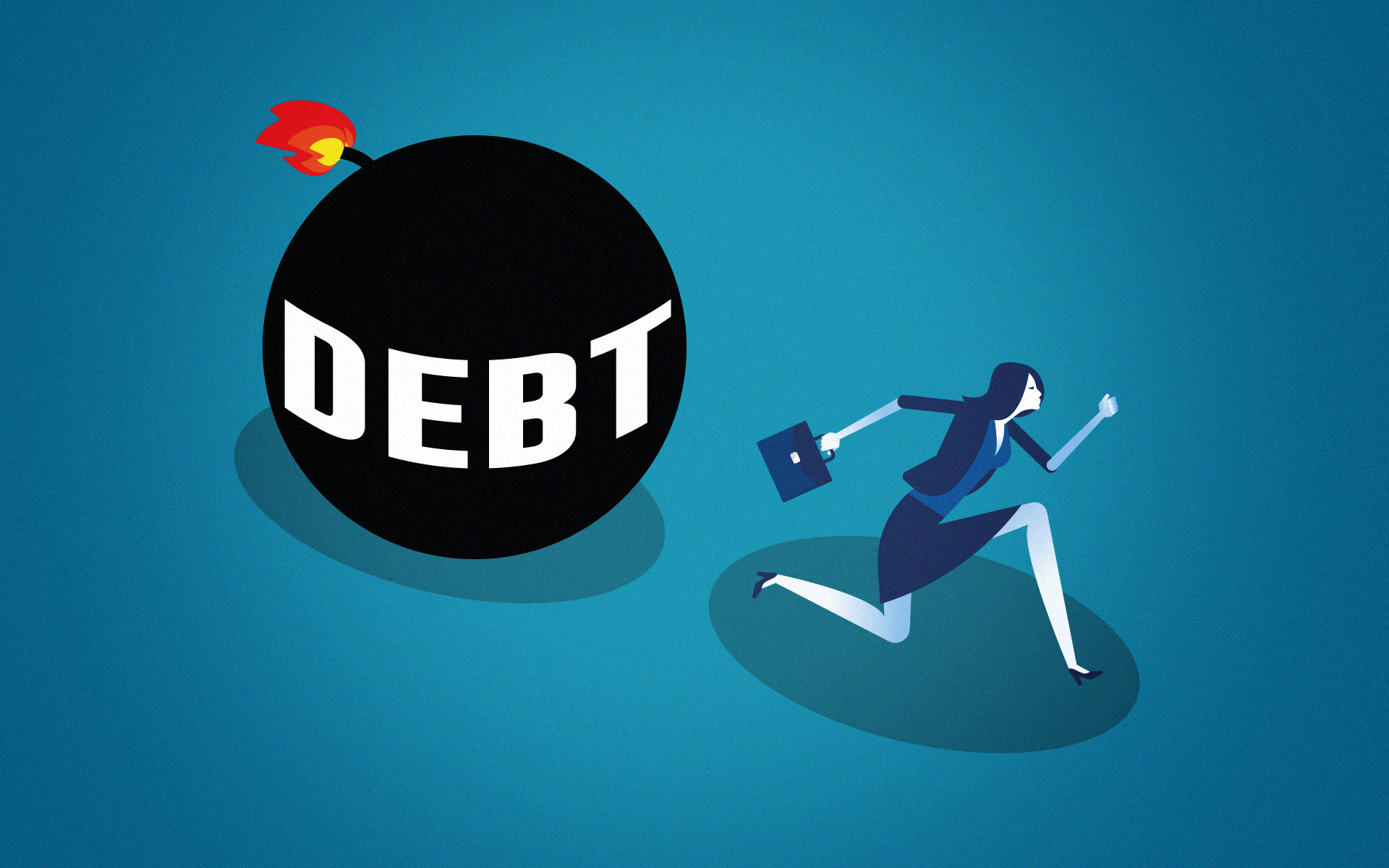Sometimes, being in debt can be just the business lesson you need
Like everyone, throughout my life, I’ve had to manage my money and my relationship with it. Those are two different things. One is an expression of the other.
How I feel about money determines how I spend it, or don’t spend it. And it determines how my finances affect my mental wellbeing.
Like many, I can get overwhelmed and even depressed by the state of my bank statements. And those powerful emotions are usually disconnected from my fiscal reality.
I’ve had a privileged life. I’ve never stared into the abyss of impoverishment or anything like it. Except when I started a small business in London in 1983.
This was my journey into the unknown. I wasn’t a natural risk-taker and was raised conservatively about money. I was taught that debt was a trap to be avoided.
I had managed to partly unlearn that lesson to buy a flat in the English capital. Without a manageable level of debt in the form of a bond or mortgage, I would never have got onto the property ladder and begun to build assets.
Emboldened by this development in my relationship with money, I was remarkably easily persuaded by an ambitious reporter friend. He said the time was ripe for me to leave my conventional media career and establish with him a television news production company, which would supply freelance services and facilities.
Demand for such services was booming and rates of return were high. My new partner had the contacts and I had the property, which could serve as collateral for the loan we needed to buy an expensive professional camera kit, edit suite, and vehicle.
Just getting the loan was a fiscal education in itself.
I prepared a barebone business plan and off we went to the bank, asking for £30,000 (R600,000 in today’s values).
After four knock-backs, a sympathetic manager told me, to my surprise, that the problem was that we weren’t asking for enough.
“Double it and you will have a far better chance” he said. “How so?” I asked. He explained that smaller loans had strict rules and were the provenance of junior managers like him, who had no mandate for flexibility.
“I like what you guys are doing, but I can’t help you. If you ask for £60,000, the rules change. A more senior manager with more leeway will look at it.”
My partner needed no encouragement to bulk up the budget with a better vehicle, some more news gear, first-class travel, and a generous entertainment allowance. And, magically, it worked.
Soon enough, we had our £60,000 from a senior manager and were off and spending it. Very quickly I learnt another lesson.
Because we were dealing with a senior manager, he gave us a reprieve when we couldn’t meet an early repayment. His reputation would have suffered if we had defaulted.
With a smaller loan, we would have been cut off automatically. It was a minor example of the old adage: “Your debt to the bank needs to be so big that it’s the bank’s problem and not yours.”
But that’s when my old self kicked in. With everything I had on the line, I became extremely anxious about the debt. I never truly lost that anxiety until I sold out of the company to my partner three partially successful years later. It had been a tough time psychologically, but I had learnt invaluable lessons about my relationship with money.
At 30 years old, I understood that debt could be a positive thing and that it was essential for financial growth. I had also learnt to become a bit more comfortable with a bank statement containing a big number of noughts in the debt column.
By that, I mean, I went from sleepless nights to just one brief gut knot per day. I also learnt that I wasn’t a natural entrepreneur.
I have huge admiration for the people, like my business partner, who have the guts without the knots to take big risks to make things happen.

Leave a Reply